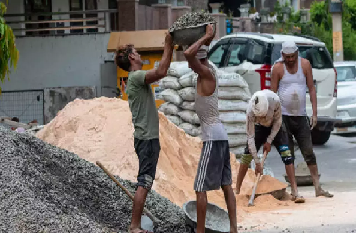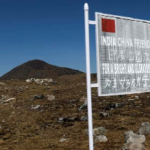The Government of India has made a digital recording of the attendance of workers employed under the Mahatma Gandhi National Rural Employment Guarantee Scheme (MGNREGS) universal beginning on January 1, 2023.
This is done to ensure greater transparency, accountability, efficiency, and monitoring as well as to weed out corruption reported in the process of implementation.
The Union Ministry of Rural Development‘s most recent decree mandates it for all work sites, regardless of the number of employees, as there have long been rumours of corruption, incorrect implementation, duplication of effort, and financial misuse.
The issue of ghost accounts, which turn out to be a source of corruption for middlemen and officials, has been repeatedly brought up by Finance Minister Nirmala Sitharaman and several other top officials of the Government of India and state governments time and again.
MGNREGS is a demand-driven initiative designed to create jobs during the agriculturally depressing season, however, corruption allegations totalling hundreds of crores seem to have damaged the program’s reputation.
In the majority of cases, financial misappropriation—which includes bribes, payments to fictitious people, and payments to vendors at exorbitant procurement costs—were quite widespread forms of corruption.
Prior to this, on May 21, 2021, a pilot project to track employee attendance at work sites using a mobile application called the National Mobile Monitoring System (NMMS) with two time-stamped and geo-tagged photos of the employees per day had begun.
This project improved programme governance and citizen oversight.
First, it was agreed to eliminate manual attendance on May 1st, 2022 for all worksites where muster rolls were issued for 20 or more beneficiaries, taking feedback and experiences from the applicability of NMMS. The system finally went into effect on May 16, 2022.
The ministry has now decided to make it universal by ensuring that attendance is captured by NMMS beginning on January 1, 2023 for all projects aside from Individual Beneficiary Scheme.



